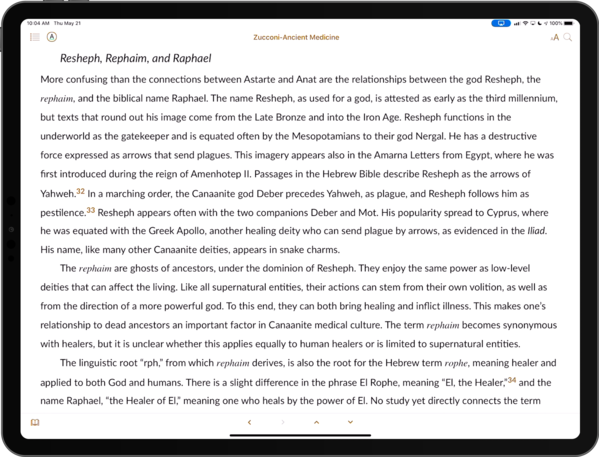We understand the Bible through many approaches. Two that are essential for unlocking ancient documents are background, cultural, and literary studies of ancient times as well as hermeneutical methods. This week, we are releasing six titles from Eerdmans publishing that you will want for enhancing your study in Accordance. Five of these titles are from famed Old Testament Yale University professor John J. Collins, and one selection is from Laura Zucconi of Stockton University.
As these new releases are all monographs with hyperlinks to Scripture and other references, they will make perfect reading on your favorite mobile device.
Screenshots are presented at the bottom of the post as they would look on mobile devices.
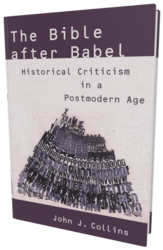
Biblical scholars today often sound as if they are caught in the aftermath of Babel — a clamor of voices unable to reach common agreement. Yet is this confusion necessarily a bad thing? Many postmodern critics see the recent profusion of critical approaches as a welcome opportunity for the emergence of diverse new techniques. In The Bible after Babel noted biblical scholar John J. Collins considers the effect of the postmodern situation on biblical, primarily Old Testament, criticism over the last three decades. Engaging and even-handed, Collins examines the quest of historical criticism to objectively establish a text’s basic meaning. Accepting that the Bible may no longer provide secure “foundations” for faith, Collins still highlights its ethical challenge to be concerned for “the other” — a challenge central both to Old Testament ethics and to the teaching of Jesus.
The Bible after Babel
Regular Price $23.90
Buy Now
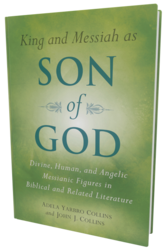
This book traces the history of the idea that the king and later the messiah is Son of God, from its origins in ancient Near Eastern royal ideology to its Christian appropriation in the New Testament.
Both highly regarded scholars, Adela Yarbro Collins and John J. Collins argue that Jesus was called “the Son of God” precisely because he was believed to be the messianic king. This belief and tradition, they contend, led to the identification of Jesus as preexistent, personified Wisdom, or a heavenly being in the New Testament canon. However, the titles Jesus is given are historical titles tracing back to Egyptian New Kingdom ideology. Therefore the title “Son of God” is likely solely messianic and not literal. King and Messiah as Son of God is distinctive in its range, spanning both Testaments and informed by ancient Near Eastern literature and Jewish noncanonical literature.
King and Messiah as Son of God
Regular Price $29.90
Buy Now
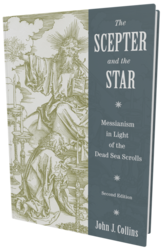
John J. Collins here offers an up-to-date review of Jewish messianic expectations around the time of Jesus, in light of the Dead Sea Scrolls.
He breaks these expectations down into categories: Davidic, priestly, and prophetic. Based on a small number of prophetic oracles and reflected in the various titles and names assigned to the messiah, the Davidic model holds a clear expectation that the messiah figure would play a militant role. In sectarian circles, the priestly model was far more prominent. Jesus of Nazareth, however, showed more resemblance to the prophetic messiah during his historical career, identified as the Davidic “Son of Man” primarily after his death.
In this second edition of The Scepter and the Star Collins has revised the discussion of Jesus and early Christianity, completely rewritten a chapter on a figure who claims to have a throne in heaven, and has added a brief discussion of the recently published and controversial Vision of Gabriel.
The Scepter and the Star
Regular Price $38.90
Buy Now
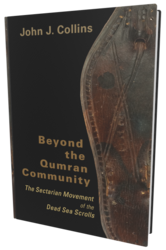
With the full publication of the Dead Sea Scrolls, fresh analysis of the evidence presented can be — and indeed, should be — made. Beyond the Qumran Community does just that, reaching a surprising conclusion: the sect described in the Dead Sea Scrolls developed later than has usually been supposed and was never confined to the site of Qumran.
John J. Collins here deconstructs “the Qumran community” and shows that the sectarian documents actually come from a text spread throughout the land. He first examines the Community Rule or Yahad, and then considers the Teacher of Righteousness, a pivotal figure in the Essene movement, discovering that he was probably active in the first century BCE rather than in the Maccabean era. After examining the available evidence, Collins concludes that it is, in fact, overwhelmingly likely that the site of Qumran housed merely a single settlement of this widespread movement.
Beyond the Qumran Community
Regular Price $24.90
Buy Now
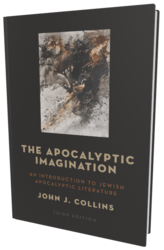
One of the most widely praised studies of Jewish apocalyptic literature ever written, The Apocalyptic Imagination by John J. Collins has served for over thirty years as a helpful, relevant, comprehensive survey of the apocalyptic literary genre.
After an initial overview of things apocalyptic, Collins proceeds to deal with individual apocalyptic texts — the early Enoch literature, the book of Daniel, the Dead Sea Scrolls, and others — concluding with an examination of apocalypticism in early Christianity. Collins has updated this third edition throughout to account for the recent profusion of studies germane to ancient Jewish apocalypticism, and he has also substantially revised and updated the bibliography.
The Apocalyptic Imagination
Regular Price $37.90
Buy Now
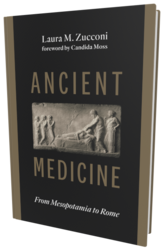
This book by Laura Zucconi is an accessible introductory text to the practice and theory of medicine in the ancient world. In contrast to other works that focus heavily on Greece and Rome, Zucconi’s Ancient Medicine covers a broader geographical and chronological range. The world of medicine in antiquity consisted of a lot more than Hippocrates and Galen.
Zucconi applies historical and anthropological methods to examine the medical cultures of not only Mesopotamia, Egypt, Greece, and Rome but also the Levant, the Anatolian Peninsula, and the Iranian Plateau. Devoting special attention to the fundamental relationship between medicine and theology, Zucconi’s one-volume introduction brings the physicians, patients, procedures, medicines, and ideas of the past to light.
Ancient Medicine from Mesopotamia to Rome
Regular Price $99.90
Buy Now
Collins & Collins, King and Messiah
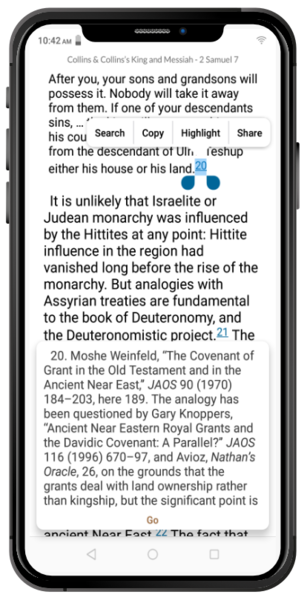
Collins, The Scepter and the Star
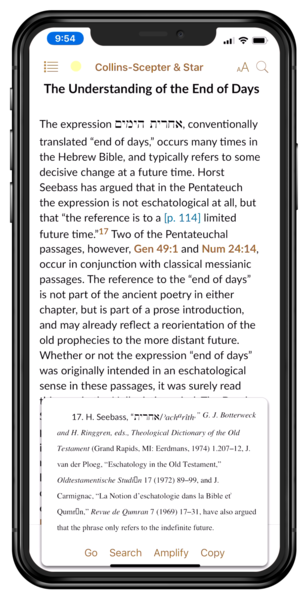
Collins, Beyond the Qumran Community
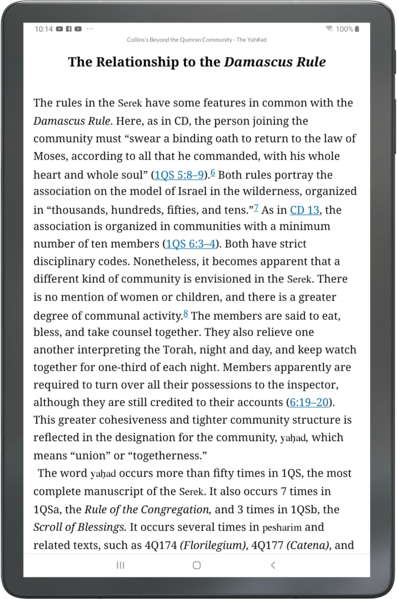
Collins, The Apocalyptic Imagination
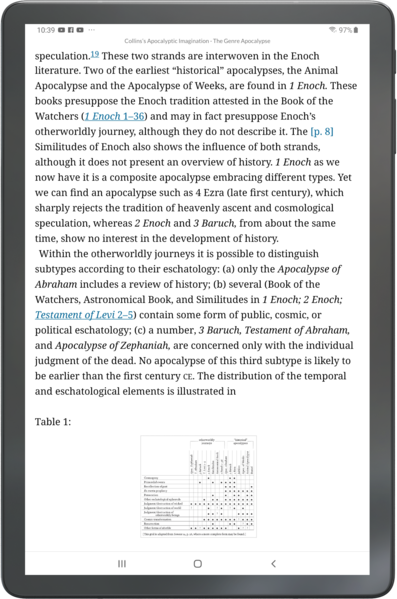
Zucconi, Ancient Medicine
